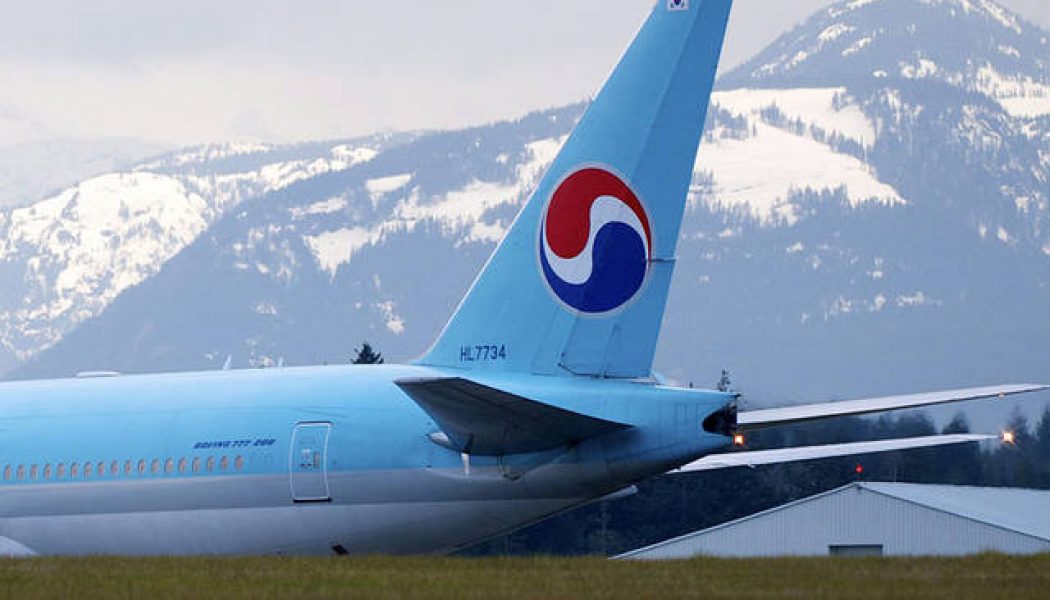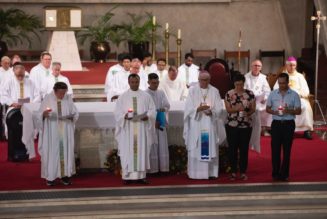
ROME – In 2006, a lecture by Pope Benedict XVI at the University of Regensburg in Germany caused a global firestorm because of the way he chose to open it, quoting a 14th century Byzantine emperor about Muhammad bringing “things only evil and inhuman.” Muslims took it as a slur, and in the ensuing protests churches were firebombed in the Gaza Strip and an Italian missionary nun was shot to death in Somalia.
Sometime later, I asked a senior Vatican official if he’d been shown a draft of the text in advance, would he have gone to the pope and advised him against saying it? The response was telling.
“He shouldn’t have said it, at least without more nuance,” this official told me. “But I don’t think it’s my role to offer unsolicited advice to the pope. If he asks me, I’ll tell him what I think, but I’m not going to go barging in and tell the Vicar of Christ what to do.”
That’s one reason Vatican personnel sometimes are reluctant to challenge superiors. Another is that often enough, voicing criticism can result in being frozen out and stalled in one’s career. Yet another is that little in the internal culture of the Vatican encourages such exchange, with “leadership” generally understood not as building a collegial workplace but in terms of command-and-control.
Whatever the explanation, it can be dangerous when a subordinate doesn’t feel he or she has the standing to alert the boss to a looming disaster. Malcolm Gladwell provided a classic example in his 2008 book Outliers in the 1997 crash of Korean Air flight 801 as it was attempting to land in Guam, killing 229 of the 254 people on board.
Investigators would later determine there was no mechanical failure in the plane – this particular Boeing 747 was in perfect working order, and it had once been the Korean Presidential Plane – and there was no breakdown in the airport guidance system in Guam. The explanation therefore had to lie in pilot error, so they listened carefully to the tape recording of the exchanges in the cockpit before the crash to figure out what went wrong.
What they found is that the captain had decided to make a visual approach rather than relying on automated systems because he knew the airport and its terrain well, despite the fact it was raining that night and there was a low-hanging and thick cloud cover. As the plane was descending a Ground Proximity System began issuing warnings about how close they were to the runway. The captain attempted to pull up at the last minute, but it was too late.
Listening to the tape, it’s clear that the other parties in the cockpit tried to hint to the captain that a visual approach wouldn’t work on such a night, that by the time they broke the clouds and could see the runway it would be too late to react.
At one stage, the first officer can be heard saying, “Don’t you think it’s raining more? In this area, here?” Later, the engineer is heard saying, “Captain, the weather radar has helped us a lot.”
In both cases, what they were trying to say was, “A visual approach tonight is too dangerous.” Yet neither actually said so out loud, relying on indirect and allusive speech that wouldn’t be perceived as a challenge to authority. The result was that a distracted and increasingly stressed pilot didn’t get the message, and the results were lethal.
To fix the problem, Korean Air hired an outsider from Delta Airlines to run their flight operations, who insisted on breaking down the culture of deference and non-confrontation in the cockpit. Over time, Korean Air built up an impressive safety record and is now regarded as among the best in the business. It’s been more than twenty years since the airline had a fatal crash.
In effect, the Korean Air experience was a concrete application of insights developed by Geert Hofstede, a Dutch anthropologist and psychologist who spent much of his career at IBM studying how culture shapes business environment. Among his well-known contributions was what he called the “Power Distance Index,” which measures how much a particular culture values and respects authority.
To gauge it, Hofstede conducted surveys with questions such as, “How frequently, in your experience, does the following problem occur: Employees being afraid to express disagreement with their managers?” To what extent do “less powerful members of organizations and institutions accept and expect that power is distributed unequally?” “How much are older people respected and feared?” “Are power holders entitled to special privileges?” Unsurprisingly, America turned out to be a classic low-PDI country, while deeply traditional societies such as Malaysia, Nigeria, Colombia and China – not to mention South Korea – are high-PDI nations.
Though Hofstede never applied the index to the Vatican, it’s a safe bet the results would have been off the charts.
While a high PDI rating isn’t good or bad in itself, it can lead to problems when subordinates don’t speak up. To avoid that, inhabitants of the culture have to learn a different understanding of what it means to respect authority, from accepting its decisions at face value to helping it achieve its aims by speaking up when danger looms.
The Vatican obviously isn’t an airline, but one wonders if a Korean Air-style reset might be helpful. It probably wouldn’t untie every knot in the system, but it’s hard to see how it might hurt.
Follow John Allen on Twitter at @JohnLAllenJr.









